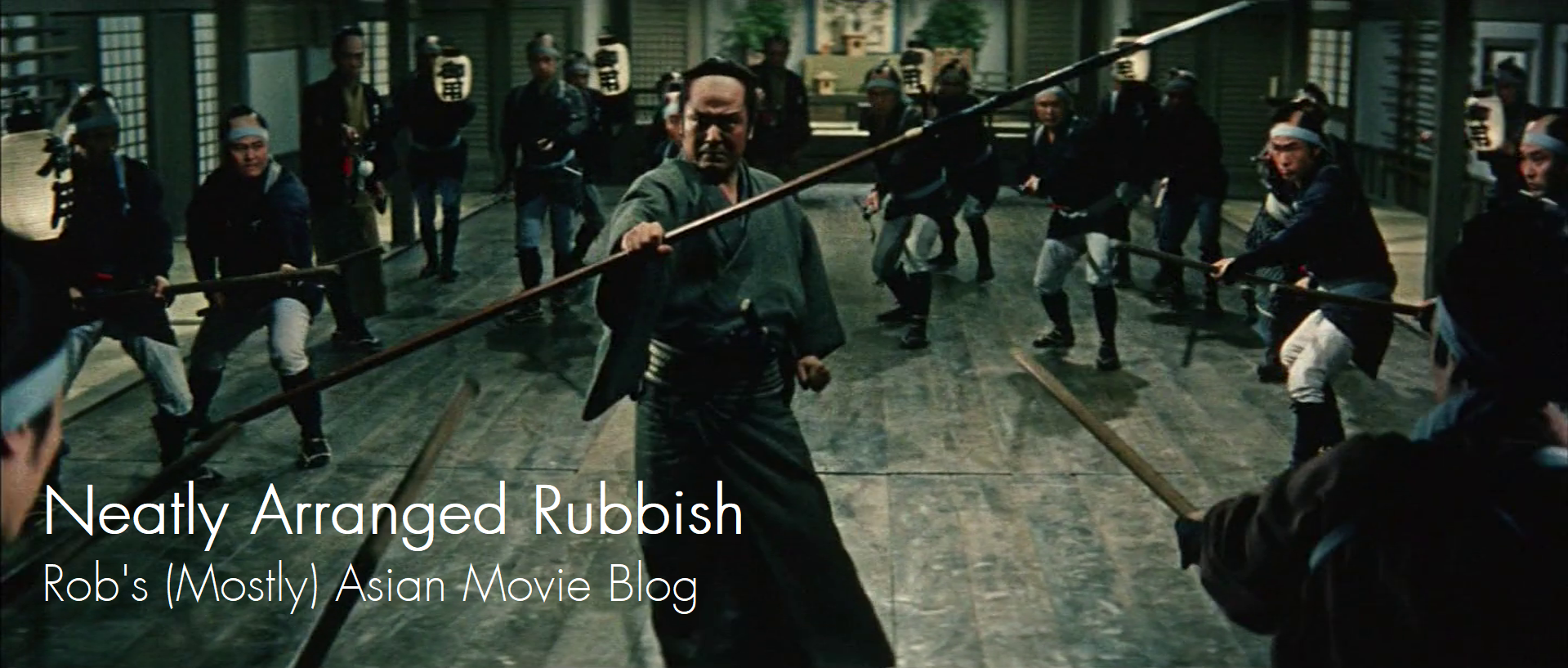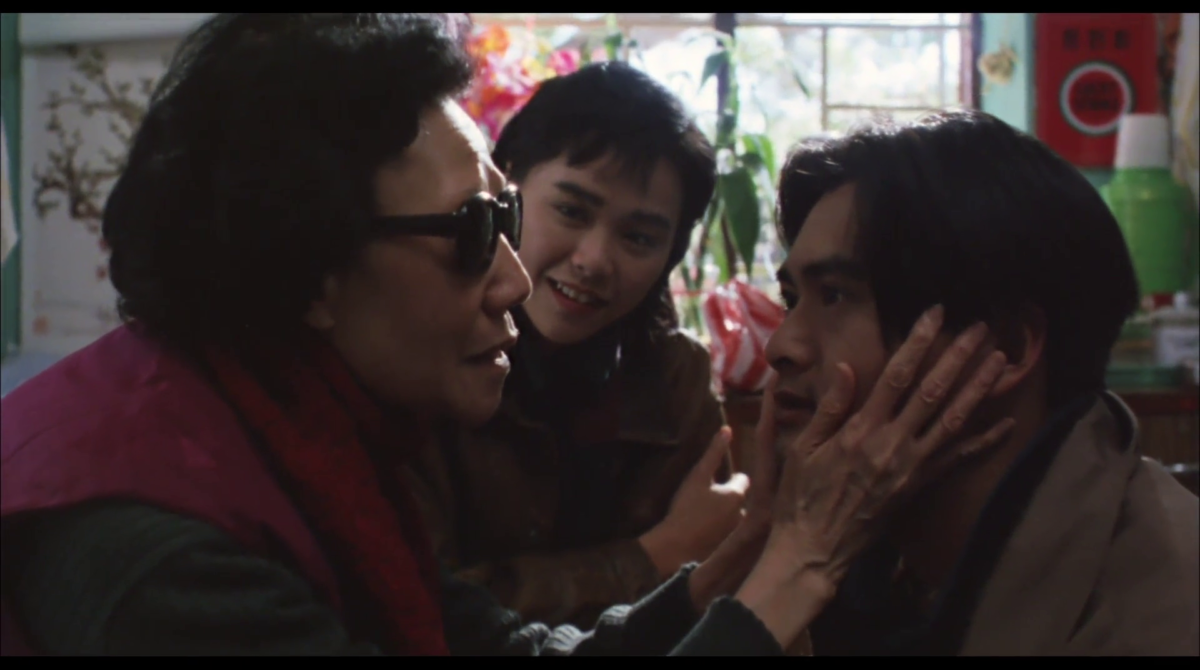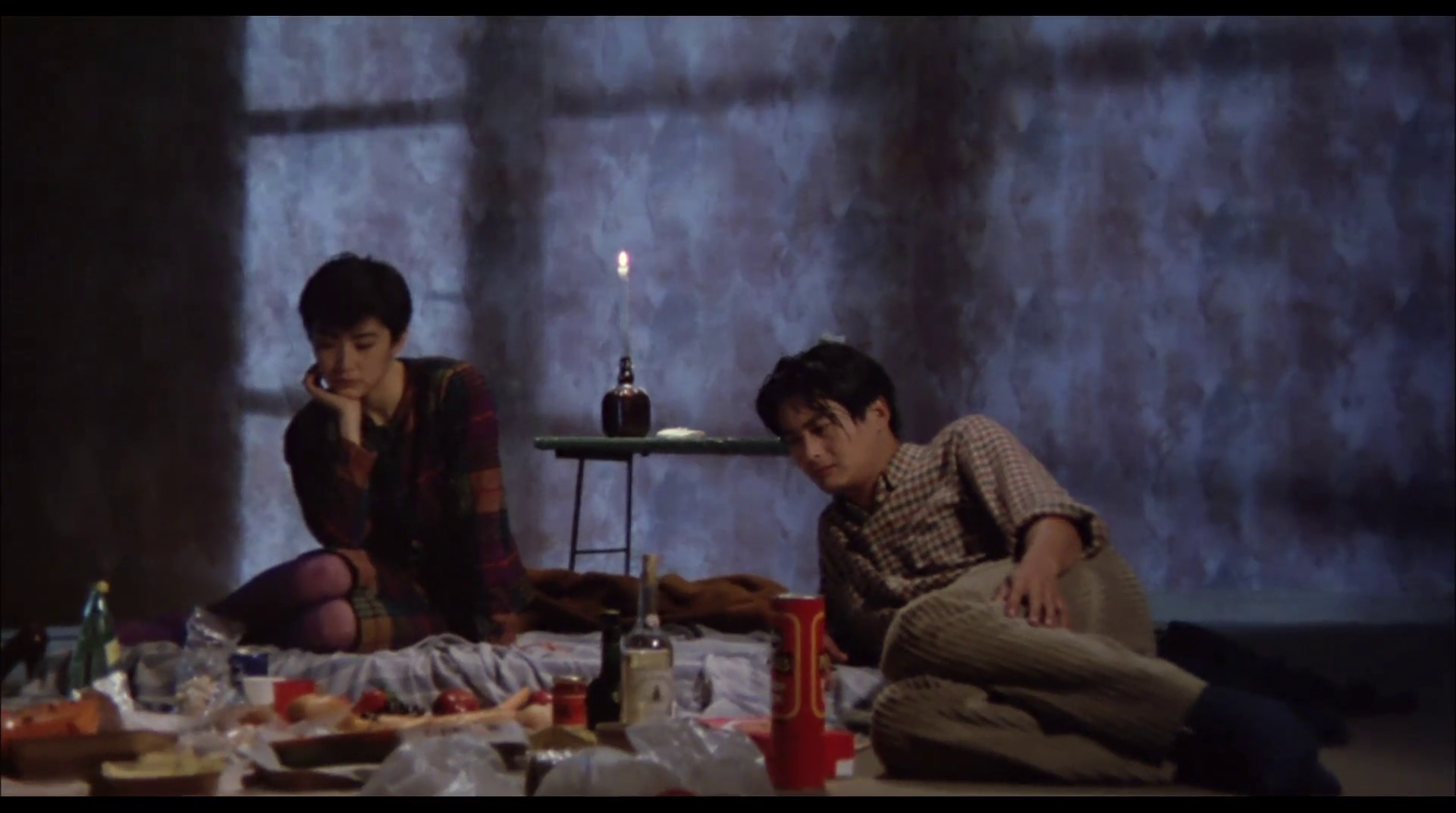Last Updated on September 29, 2020 by rob
Two Hong Kong residents, orchestra conductor Song (Chow Yun-Fat) and Cheung (Brigitte Lin) are haunted by visions of each other as lovers during the Chinese Qin dynasty 2,000 years earlier. After the two meet and spend the night together Song must face Cher (Wah Lei) his heartbroken fiancé of eight years and revelations from Cheung’s father and his business associate Li Chang (Chung Lin) regarding their involvement in the excavation of an ancient terracotta statue that is the spitting image of Song and questions about the mysterious fate of the ancient lovers.
It’s always a pleasure to go into a movie with no great expectations and end up very pleasantly surprised. Case in point being Dream Lovers which turns out to be a compelling treatment of the reincarnation theme and a bittersweet look at love in any age. Part of what makes it notable is that it treats the subject realistically, establishes firm ground rules right from the off and then sticks to them. For starters, Cheung and Song aren’t possessed by the spirits of their former selves (there are no 2, 000 year old warriors stomping around modern day Hong Kong) but are simply ordinary people whose fragmentary memories of their final night together in their former lives are so intense that their mutual attraction seems less about chemistry than it does destiny.
Moreover, the film is interested in examining how two people might believably react in such a situation and the effect of that on those closest to them. The tone is unusually non-melodramatic and the film treats its fantasy elements – such as Cher’s grandmother who’s able to discern Song’s past life with little more than touching his face and asking a couple of questions – with a brisk matter of factness. If that all makes Dream Lovers sound a bit dull far from it. The three leads are sympathetic and charismatic and we feel most involved with all of them. Lin and Yun-Fat convey the conflicting emotions of shock, bewilderment and acceptance with a quiet conviction that’s easy to go along with. Both actors are also really good in the flashbacks. Yun-Fat in particular subtly imbues his Qin warrior with a natural authority that his modern self completely lacks.
A sub-plot/flashback in which we learn how Cheung’s father and his business associate were responsible for discovering the terracotta statue 28 years before contains a marvellous moment underlining Song and Cheung’s future together. But the film’s realistic view of the love triangle Song finds himself in also means that we won’t get any kind of romantic feel good ending. We end up so drawn into this love triangle that the parting scene between Song and fiancé Cher – so well played by Wah Lei and Yun-Fat – is painful to watch. The sharp screenplay complements the will-they, won’t-they attraction between Song and Cheung by using the flashbacks of the two lovers as intriguing puzzle pieces whose true nature and meaning are only fully revealed right at the end.
When it is we realise how the tragic events of the past have been echoed yet again in the present. The dilemma is perfectly summed up in one character’s devastating line, “8 years or 2,000, it’s still love.” Tony Au’s direction keeps such a tight focus on the characters it’s as if the outside world barely exists and he and cinematographer Bill Wong have an impressive knack for conveying the inner feelings of the characters through discreet lighting effects that at times feel almost on the borderline of an arthouse pic. The bleak, sparse apartment that Cheung is supposed to be moving into with Cher and which provides the setting for some of the film’s strongest moments is a potent setting for individuals whose lives have been put on hold. There’s another strong contribution from composer Law Wing-Fai whose award-winning score blends modern and traditional instruments thus embodying the clash between past and present.



